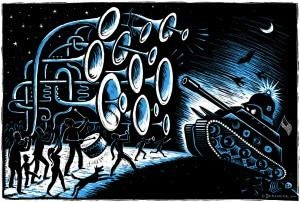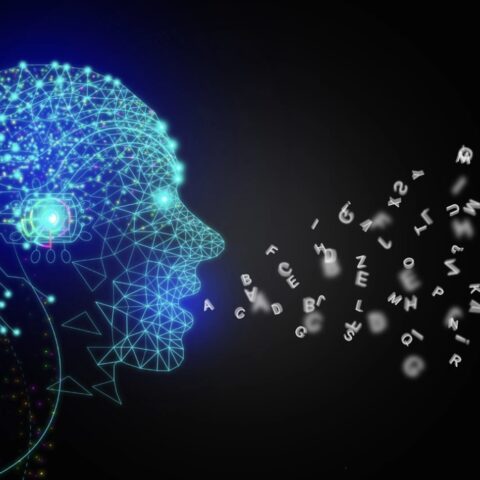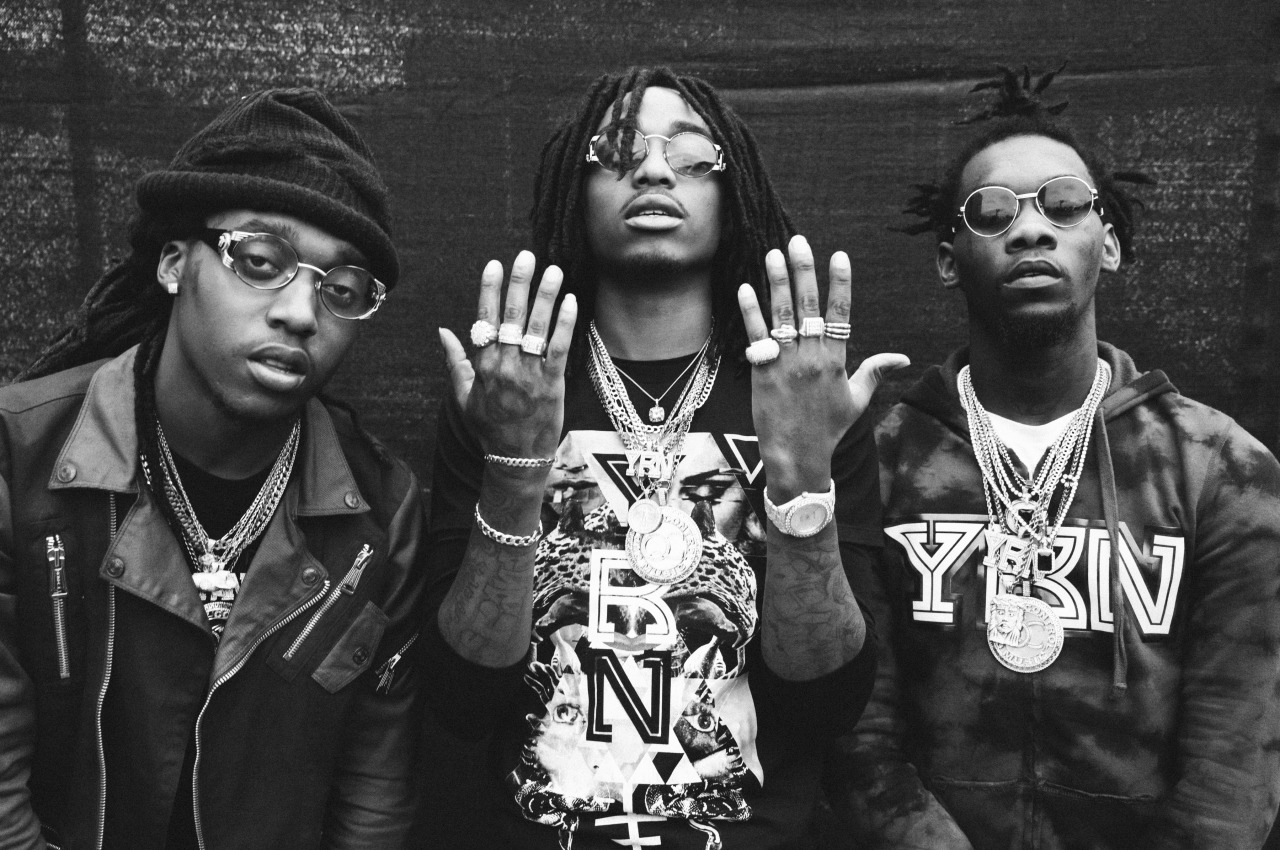By: Emily Kopp
“The times they are a changin’.”
No, really.
The U.S. federal executive branch continues to expand its jurisdiction, a ruthless dictator in the Middle East exerts a systematic daily bloodbath against his own people in a frenzied attempt to maintain power, the ugly practice of racial profiling has resulted in at least one casualty in the last month, and state governments across the country have steadily peeled away at a woman’s right to choose and have erected barriers to birth control.
And, paradoxically, no one writes protest songs anymore.
The last decade might constitute one of the most tumultuous and dynamic periods in modern American history. In 2003, President Bush took the ill–informed and ethically questionable step of devoting the United States to an invasion of Iraq, initiating the most widely despised conflict since the Vietnam War. Yet the punk gods left their satirical combat boots at home. The great thinkers of folk remained hushed. In 2007, poor economic policy paired with unbridled greed in the financial sector brought the economy to the brink of crumbling in collapse, but the hip hop dons, champions of the disenfranchised, kept silent. In 2011, an unforeseeable wave of democratization swept the Middle East. Democracy blossomed in some countries, while others witnessed a violent and bloody reassertion of authoritarianism. American songwriters failed to seize this unprecedented period of widespread political change to inform and inspire their lyrics, perhaps because of the difficulty in finding a word that rhymes with “Gaddafi.” More likely though, the dearth of politically informed lyrics reflects a long-standing trend away from protest songs.
Any abbreviated history of the political protest song must begin with Bob Dylan. In the 1960s, Dylan served as the vanguard of an entire culture of disillusioned, dissatisfied youth. In “With God on Our Side,” his voice crackles with indignation: “The words fill my head/And fall to the floor/If God’s on our side/He’ll stop the next war.” His words lent the political grievances of young people a popular voice, and helped define and galvanize a counterculture social movement. In the early 1970s, Jefferson Airplane brought revolutionary rock thundering into the living room windows of “the silent majority.” In the wake of Watergate, Gil Scott-Heron declared it “Winter in America,” expressing sad resignation to the perceived corruption of America’s elected leaders: “The Constitution/A noble piece of paper/With free society/Struggled but it died in vain/And now democracy is ragtime on the corner.” In the seminal and deeply poetic song “The Revolution Will Not Be Televised,” Scott-Heron called for blacks to rebel against the rampant repression that persisted even after passage of the Civil Rights Act.
In the 1980s, Black Flag used loud raucous punk to confront the complacency of Reagan’s suburbs, and attempted to rattle an America sedated by consumerism. They demanded that youth culture “rise above . . . society’s arms of control.” Setting aside the nonsense politics the band espoused in interviews, (“Personally, I am pro-nuclear war. I want to destroy the earth, ’cause it will get rid of everyone. All the mafia, all the clubowners, all the neurotic cocaine-sniffing wenches, all the f****** scumbags,” Henry Rollins once said), their song “TV Party,” in which the band imitates a zombie-like TV-induced hypnosis, is a smart parody of America’s addiction to diversionary popular culture.
As the decade progressed, the growing popularity of hip-hop allowed the genre to become an outlet for critique of persistent patterns of racism in American society. In “911 is a Joke,” Public Enemy plays on the common criticism that the police avoided black neighborhoods: “911 is a joke we don’t want ‘em/I call a cab cause a cab will come quicker.” In 1991, the Rodney King case brought the systemic racism and brutality of America’s law enforcement to the forefront of public dialogue. Hip-hop’s treatment of the subject assumed a more aggravated and vengeful tone, as Public Enemy’s humor gave way to NWA’s violent and controversial “F*** tha Police.”
The jagged punk of Black Flag gained a snarl and a feminine edge when it was revived by the Riot Grrrl movement in the 1990s. Perhaps in reaction to the supermodel, gaunt-thin cocaine culture that pervaded American advertising during the decade, lady rock bands belted lyrics that challenged the patriarchal status quo, including mass media’s conception of beauty. In the song “Entertain”, Sleater-Kinney rebels against a spoon-fed acceptance of popular culture; Carrie Brownstein ironically barks, “Join the rank and file/On your TV dial.”
Every generation since those dames who swayed along to Billie Holiday’s “Strange Fruit” has found solace from society’s ills in protest songs—be they angry, thoughtful, ironic, or funny. The history of politically indignant tunes touches on virtually every popular social movement for the last fifty years. One yet unaddressed in this article, the gay rights movement, has been adroitly adapted by Lady Gaga, most prominently on “Born This Way,” commonly viewed as something of an anthem. Sure, songs that empower a marginalized social group serve an important purpose in any revolution; that’s part of what “Fight the Power” meant. But our corrupt political culture craves the restlessness and frustration of an angrier flavor of protest song. Perhaps the vitriolic nature of more formal policy discourse has led to a preference for political ambivalence in music. Nevertheless, the lack of politically themed songs with the power to galvanize young people to action weakens modern advocacy movements. Furthermore, one must wonder with suspicion if this generation’s lack of protest music stems from the very same complacency by diversion that Black Flag warned us about.

